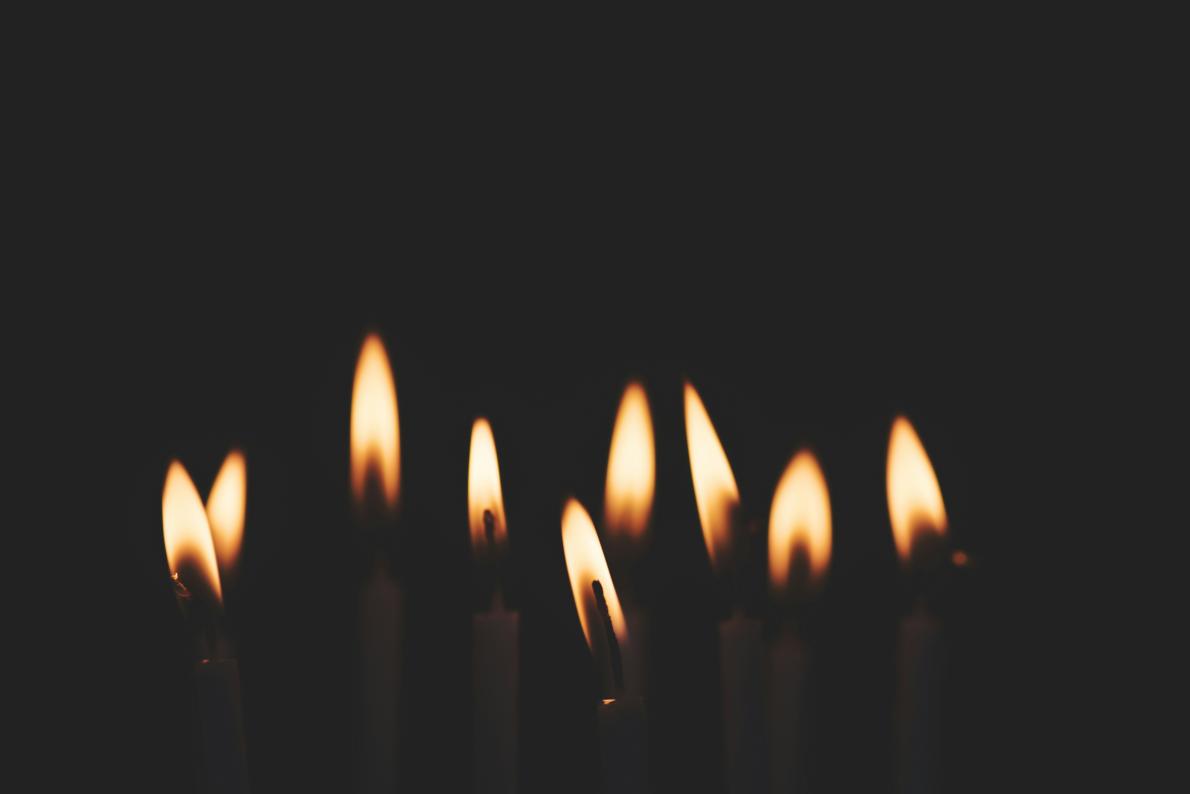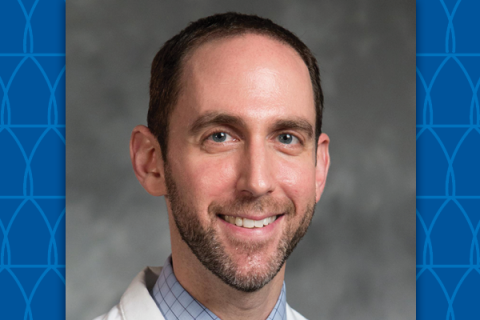December 2023 D&I Update

Happy Hanukkah to those who celebrate. The 8-night, Jewish festival started Thursday. Hanukkah, often called the Festival of Lights, honors the Jewish revolt against religious oppression in the second century BCE. The holiday centers around the rededication of the Holy Temple in Jerusalem and the miraculous lasting of a small amount of oil for eight days. Hanukkah serves as a reminder of resilience and the enduring spirit of the Jewish people in the face of historical challenges. During this time, Jewish families light menorahs (special candelabras), adding a candle each evening, to symbolize the triumph of light over darkness.
In light of this holiday, I’m going to address anti-Semitism (anti-Jewish prejudice). Before diving in, I want to issue a reminder that when I focus a spotlight on one group (in this case, Jewish people), it is not intended to minimize the suffering of any other group in the US or around the world. Sadly, there’s enough pain to go around. Both my profession and my religion guide me to value life above all, and my heart breaks for every person killed in recent fighting.
I also do not mean to propagate the stereotype of Jews as a monolithic group even as I refer to Jewish people broadly in this email. I cannot and do not speak for the many opinions of the Jewish people. With that said, let’s take a deeper look some current manifestations of anti-Semitism.
To many Jews, this Hanukkah feels very different in the context of the Israeli-Hamas war. American Jews report being nervous to follow the tradition of placing a lit menorah in the window for fear it will attract violence to their homes. Swastikas and “Death to Jews” have been seen carved in places around Durham from local middle schools to Duke’s campus. It’s hard to tell nervous Jews their fears are unfounded.
Since the massacre in Israel on October 7, hate crimes against Jews have continued to rise. I say “continued” as it was only last year that my November D&I update addressed antisemitism because acts of hate were rising then, too. That was in the context of (Kan)Ye West’s comments. Now we have Elon Musk promoting the antisemitic tropes that Jews are trying to replace White people in the US, and they encourage hate toward White people. Same problem, different day.
Anti-Semitism hides in plain sight. You might be so accustomed to hearing antisemitic comments that you don’t recognize them as such. To understand the anti-Semitism of Musk’s and others’ comments, I encourage you to review this document.
A common anti-Semitic trope is about Jewish power. This can manifest as denial of Jewish victimhood. For example, how can the Israeli Jews killed on October 7 be victims when Israel is so powerful, the thinking goes. When examined more carefully, it’s obvious that not all Jews are powerful, but it’s easy to forget when this concept is so often repeated. Further, even powerful people can be raped, tortured, and murdered, which doesn’t make them any less victims. Few Americans dispute that those killed on 9/11 were anything but victims even though they lived in the most powerful country on earth. Conflating Jewish people with the government of Israel is a mental trap to avoid.
Keep in mind, multiple ideas can be true at once, and we can all hold more than one opinion simultaneously. You can want to address the humanitarian nightmare that is a war-torn Gaza, save the lives of Palestinians, and oppose the government of Israel and its policies, while also condemning Hamas for the massacre, advocating for the release of the hostages, and demanding safety from future terrorist attacks for Israelis. These are all compatible values.
Recently, though, many Jews, particularly politically progressive ones, are feeling a profound sense of abandonment by their friends and historical political allies. They hear (and frequently join) the calls for the cease-fire in Gaza that is so desperately needed. But what they also want to hear are calls for the release of the remaining hostages and assurance that the atrocities of October 7 can never be repeated. Silence on these issues is how opposition to Israeli policies morphs into anti-Semitism.
They also hear 3 presidents of prestigious colleges equivocate on whether calling for the genocide of Jews constitutes hate speech, while what they need to hear is that Jews will be safe on college campuses.
This year, a Hanukkah solidarity movement has arisen. Non-Jews are lighting menorahs and putting them in windows. I’m certainly not asking everyone to participate in this, but I wanted to end on a more positive note and let you know there’s something you can do that would communicate to your Jewish neighbors that you stand against anti-Semitism. If you're interested, there are still two more nights (Wednesday and Thursday).
May Hanukkah bring the light of peace to Israel, Gaza, the United States, and all those suffering around the world.
